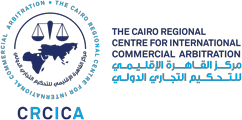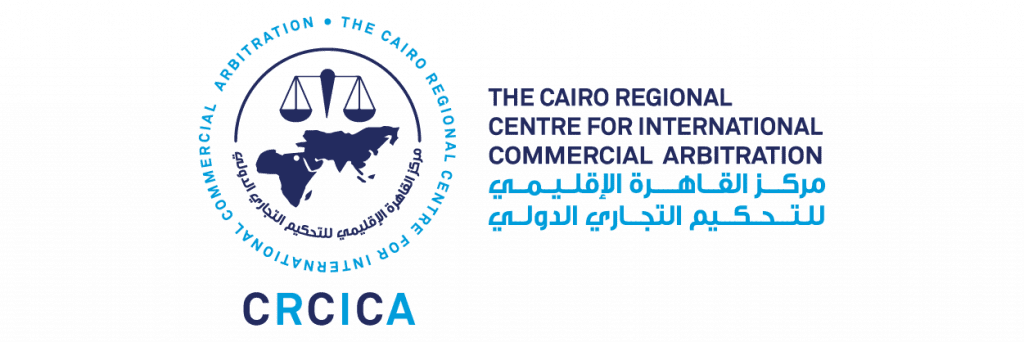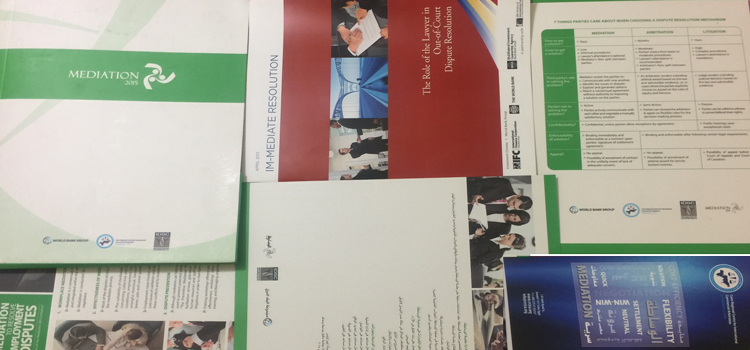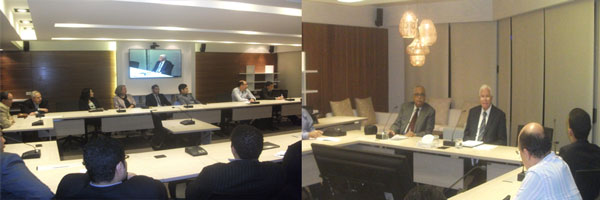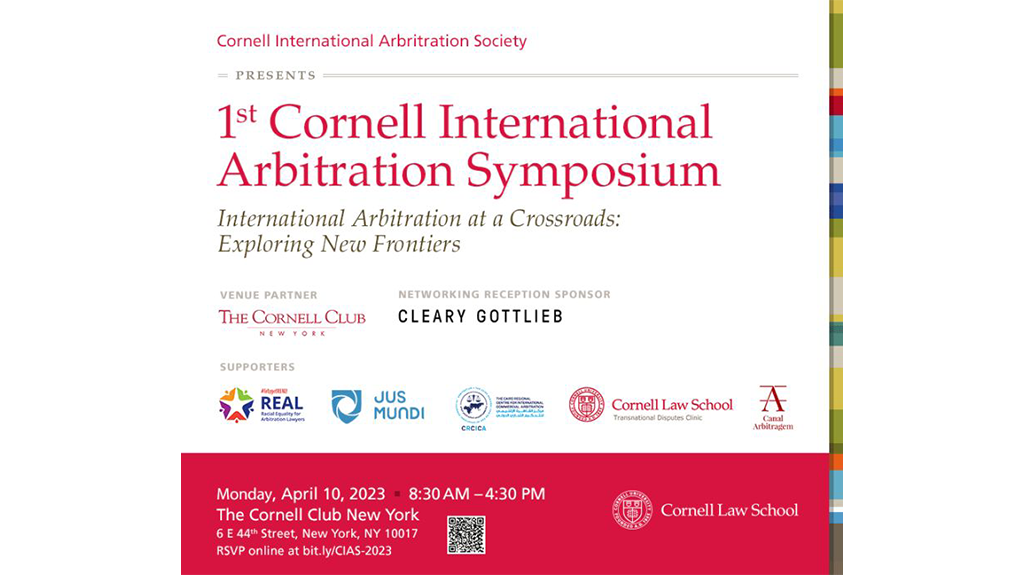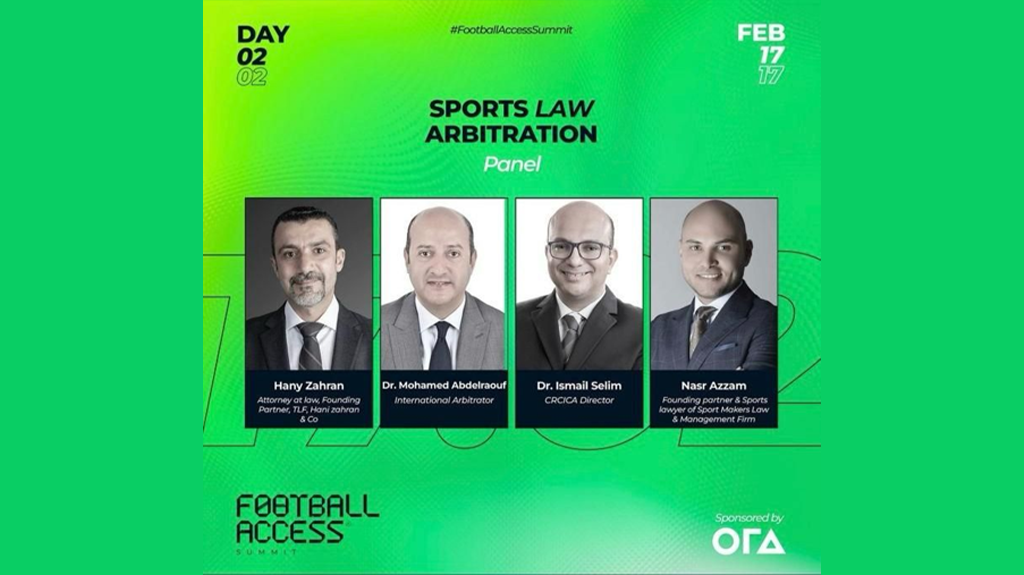IFC/CRCICA MEDIATION PARTNERSHIP (2009-2016):
OBJECTIVES AND ACHIEVEMENTS
December 2016 marked the closure of Egypt’s only international mediation development project. Launched in 2009, the project was a venture of the International Finance Corporation (IFC), an affiliate of the World Bank, to promote Egypt’s capacity as a regional centre of excellence for mediation training and to operationalize the practice of mediation as an effective alternative method of resolving disputes in Egypt.
Within this context, the IFC entered into a cooperation agreement with CRCICA as early as the launch of the project to achieve its’ planned goals and to support CRCICA in positioning itself as one of Egypt’s and the Region’s leading commercial mediation services providers.
In general, the project was a multi-activity initiative that targeted building mediation institutional capacity in Egypt, providing training and curriculum development, developing mediation skills manuals and raising national mediation awareness.
Assessment Overview: Realized Objectives out of CRCICA Perspective
In close cooperation with CRCICA, the World Bank 8-year venture succeeded in establishing the culture of mediation in Egypt and institutionalizing its practices beyond the temporal scope of the project. A summarized overview of its achievements follows:
I) Building a Sustainable Mediation Institutional Capacity
The Project launched a set of viable tools to ensure the sustainability of efficient mediation practices in Egypt through the institutional capacity of CRCICA and other esteemed project partners. In particular, CRCICA sustainability diagram is triangular with the New Mediation Rules on the base and the key elements of human resources (trainers/mediators and personnel) on the sides. More details follow:
a. Sustainable Institutional Capacity: CRCICA Mediation Rules
The most significant achievement of the Project was the issuance of CRCICA New Mediation Rules (2013). Over two years of continuous work, CRCICA and the Centre for Effective Disputes Resolution (CEDR), supported by an expert working group, focused on developing new mediation rules that respond to users’ expectations in the light of latest mediation practices worldwide.
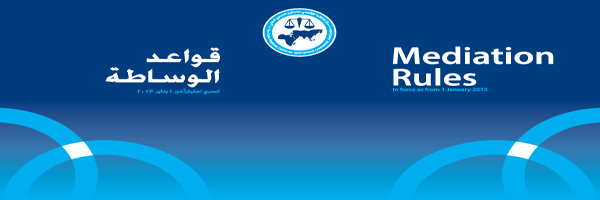
- CRCICA Mediation Rules: Salient Features
o Flexible Mediation Process
According to the Rules, the mediation process is a very flexible one allowing the mediator to conduct it “in such a manner he or she deems appropriate, taking into account the circumstances of the case, the wishes of the parties and the need for a speedy settlement of the dispute” (Article 8.3).
o Mediation Quality Standards
The right choice of mediator is an important success pillar of the whole mediation process. The CRCICA Rules provide guidance and advice in this concern by referring to the Centre’s Panel of Accredited Mediators from amongst which the mediator should be appointed in case the parties have not agreed on a mediator. CRCICA has a list of almost 80 accredited mediators; all are well-reputed professionals in the field. About one third of this Panel received their accreditation from CEDR as one of the most distinguished mediation organizations all over the world.
o A Multi-tiered Process Clause
Added to the simple mediation clause, the Drafters of the Rules tactfully succeeded to place the mediation option in a flexible context with various alternatives and without banning other dispute settlement techniques such as negotiation and arbitration. The multi-tiered process clause annexed to the Rules comes up with a comprehensive regulatory framework to best manage this complex process.
o Possibility to Confirm the Agreement in an Arbitral Award.
Pursuant to New CRCICA Mediation Rules, the parties to a mediation process may consider adding an option in their mediation agreement of appointing the mediator as an arbitrator, to confirm the settlement agreement in an arbitral award for it to acquire the enforceability of an arbitral award.
- CRCICA Mediation Rules: International recognition
The Rules were very well received and were assessed as having provided reliable procedural grounds for the practice of mediation in Egypt and the region. According to Mr. James South, CEDR Director, “the new CRCICA Mediation Rules are high quality and consistent with developments of international mediation practice. They also show CRCICA’s commitment to developing mediation services in Egypt and the wider region.”
Mr. Michael Schneider, International Arbitrator and member of CRCICA BOT, finds “the Rules are well considered and provide a useful frame for mediation and possible other ADR Services.”
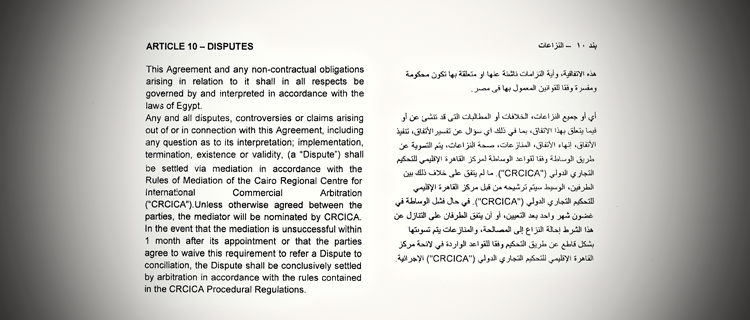
- CRCICA Mediation Rules: In Practice
It has been only few months after the issuance of the Rules that they echo direct resonance on CRCICA practices. Since 2013 onwards, there has started to be direct contractual mediation reference to CRCICA Mediation Rules.
As an example of CRCICA mediation, in a case with US $ 2,000,000 in dispute, a settlement agreement was concluded with only US$ 250,000.
b. Sustainable Institutional Capacity: CRCICA Accredited Mediators
The Project qualifies twenty-seven mediators of diverse business profiles to practice the technique according to the best mediation skills worldwide through a 9-day mediation training offered by the Center for Effective Dispute Resolution (CEDR) in May 2011.
c. Sustainable Institutional Capacity: CRCICA Personnel Training
The Project offered CRCICA Personnel advanced training on mediation marketing techniques and the administration of mediation courses.
d. Sustainable Institutional Capacity: Mediation Education Tools
The Project facilitated the accreditation of a pool of CRCICA trainers who are consequently qualified to practice regionally and have already delivered with CEDR commercial mediation trainings in Lebanon, Morocco and Qatar.
IFC licensed CRCICA to use and create derivative works from all mediation training materials of the IFC in both English and Arabic languages. These materials include mediation training toolkit, train the trainer documents, mediator skills training course management manual, handbook for mediator skills, training materials and slides.
II) Raising Awareness and Disseminating Knowledge
The IFC, in intensive cooperation with CRCICA and the Investors’ Disputes Settlement Centre (IDSC) of the General Egyptian Authority for Investment (GAFI) and, at an earlier stage with the Egyptian Ministry of Justice (MOJ) organized a number of mediation events that meant to raise awareness and enhance the understanding of the various aspects of mediation generally as well as in given business sectors.
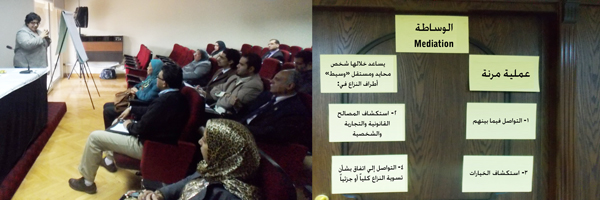
Under the project, CRCICA launched the Mediation Breakfast Continuing Series of Seminars, which provided each month a new topic of mediation. The monthly feature of this series was a highly significant factor in creating the culture of mediation in the business and legal community of Egypt. In many cases, the seminars also provide practical training on the technique.

To disseminate knowledge, the project produced a number of mediation publications including a CRCICA Mediation Flyer and an IFC/CRCICA/IDSC promotional brochure that includes a complete introduction to mediation and a comparison among litigation, arbitration and mediation.
III) Connecting Stakeholders in Egypt and the MENA Region
One of the foundational milestones of the project is the partnership it established among the three bodies recognized as the prime mediation promoters and providers in Egypt, with the CRCICA enjoying regional role. Other partners were the Investors’ Disputes Settlement Centre of the General Egyptian Authority for Investment (GAFI) and the Egyptian Ministry of Justice (MOJ).
Also, a community of mediation professionals was created and throughout the 8 years of the project developed a passion to promote the use of mediation that extends beyond the project.
On the regional level, the project established the MENA Regional Mediation Forum (MREMF) to enhance cross-border cooperation in the use of mediation. Founding members of the Forum are the CRCICA (EGYPT), the Investors’ Dispute Settlement Center, General Authority for Investment (GAFI) (EGYPT); Euro-Mediterranean Center of Mediation and Arbitration (CEMA), (MOROCCO); Lebanese Mediation Center (LMC) of the Chamber of Commerce, Industry and Agriculture of Beirut and Mount-Lebanon (CCIAB), (LEBANON); and Tripoli Bar Association, Tripoli (LEBANON).
IV) Thanks and Acknowledgments
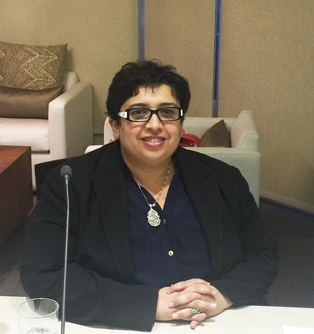
On the closure of the project, CRCICA would like to extend sincerest thanks and appreciation to Ms. Fatma Ibrahim, Ex-Senior Private Sector Specialist Trade & Competitiveness, IFC. Ms. Ibrahim’s masterful entrepreneurship, devotion, positivity and sense of creative duty were clues to the success of this important venture.
Gratitude also goes to the eminent pool of international experts who contributed to this project Mr. James South and other esteemed CEDR professionals (England), Prof. Najda Alexander, Eng. Aisha Nadar (Stockholm), Judge Louise (CANADA) and Mr. Bill Marsh (England).
Special thanks are due to CRCICA Accredited Mediator and Trainers, members of the Expert Working Group who worked closed with CRCICA and CEDR to develop a needs-responsive Mediation Rules, members of the Mediation Construction Mediation Working Group (CMWG) and every single speaker who participated pro bono in establishing the successful mediation breakfast initiative.
